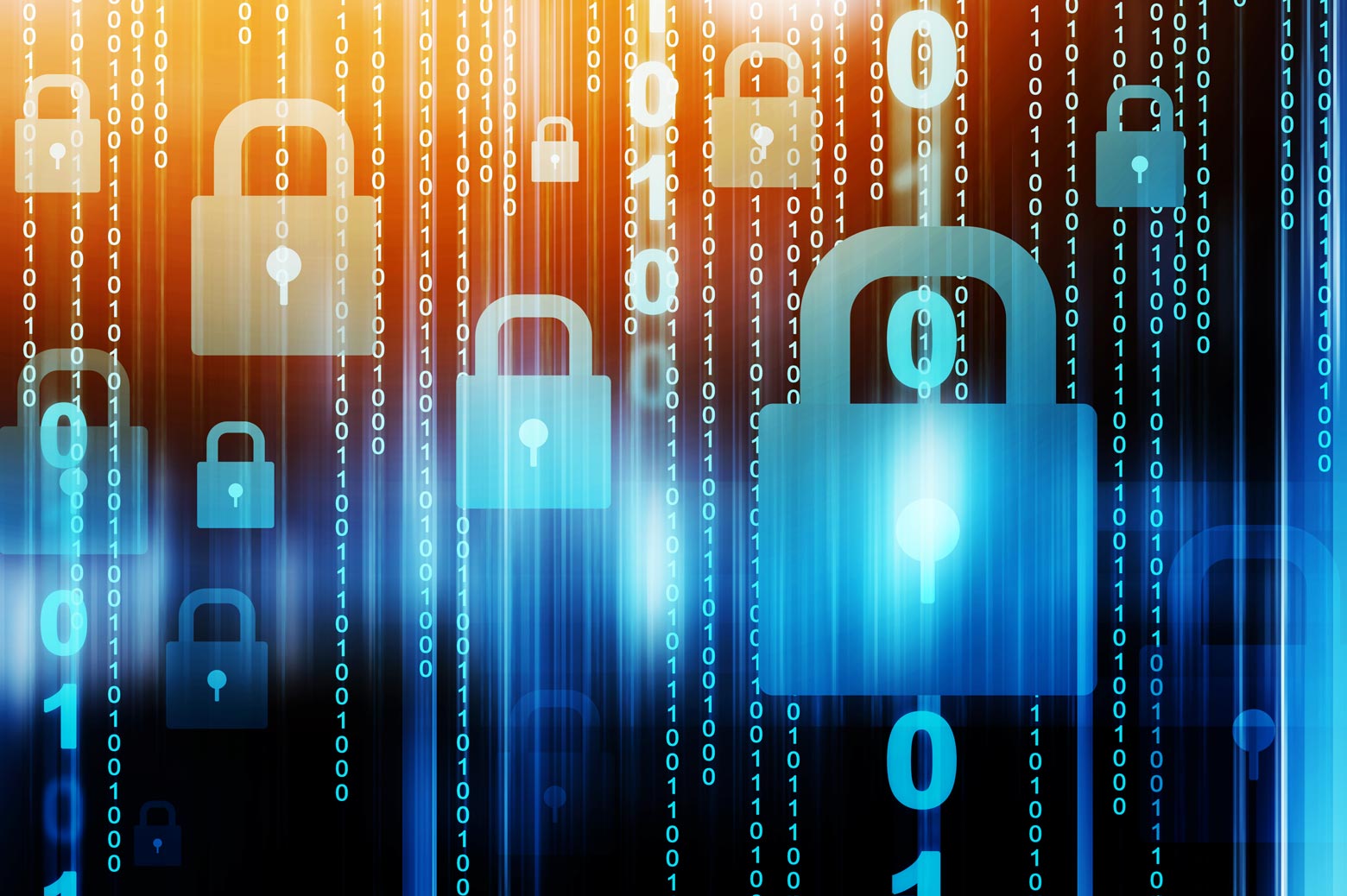Net neutrality repeal: Michigan Engineers weigh in
On Dec. 14, the FCC will vote on the rules that today ensure internet service providers treat all web content equally.

 Enlarge
Enlarge
As the Federal Communications Commission considers repealing the Obama administration net neutrality rules, Michigan Engineering experts are contributing to the conversation.
Net neutrality guarantees a free and open internet that treats all content equally. Repeal of the rules would give internet service providers more control over what websites their customers have access to, and how much that access costs. The FCC will vote on the plan on December 14.
“The network neutrality debate is not as straightforward as it is made out to be in the media,” said Harsha Madhyastha, an associate professor of computer science and engineering who studies distributed systems, networking, and security and privacy.
Madhyastha’s 2016 article in the The Conversation, “Thorny technical questions remain for net neutrality,” has been listed by the news outlet as one of ten essential net neutrality reads.
In the piece, Madhyastha outlined when net neutrality may not be ideal.
“In fact, there are several scenarios in which I’d argue ISPs really should be able to treat different types of traffic unequally, speeding some along while slowing others down,” he wrote. “Now consider two users whose internet traffic goes through a congested link. If one user is streaming video and another is backing up data to the cloud, should both of them have their data slowed down? Or would users’ collective experience be best if those watching videos were given priority? That would mean slightly slowing down the data backup, freeing up bandwidth to minimize video delays and keep the picture quality high.”
On the other hand, Florian Schaub, an assistant professor of information and of electrical engineering and computer science, envisions only negative consequences if net neutrality is repealed. Such action would hamstring innovation and raise costs for consumers, he says.
“FCC Chairman Ajit Pai argues that removing the net neutrality rules will enable innovation. He has it backwards,” Schaub said. “A free internet ensures innovation by creating a level playing field for all companies regardless of their size. The proposed rule change only benefits ISPs who then can charge twice for the same service: their subscribers for internet access and content providers for making sure that their data actually reaches the ISP’s subscribers. Consumers, on the other hand, will either see a decline in available services or an increase in costs and content providers and online services will have to enter into expensive agreements with ISPs.
“Even worse, while large companies may be able to pay such costs and make deals with ISPs, smaller companies and startups are suddenly faced with high initial costs to ensure that their services make it to consumers.”
The spirit of net neutrality has central to the internet since it’s birth, says Doug Van Houweling, a professor of information, in the Michigan Engineer article How the Net was Won.
“Facebook, Twitter – there are so many things that didn’t exist not too long ago, and that just keep happening,” Van Houweling said in the article. “It’s important to keep the underlying vehicle open enough so that we can all just continue to add onto it at the ends. And of course the established players are not enthusiastic about that – especially the carriers.”
Recently Van Houweling added, “The internet has been an incredible engine for innovation because it has welcomed new applications and services,” he said. “The fact that a new idea is immediately available worldwide through the internet has provided an enormous incentive. Net neutrality has anchored this entrepreneurial expansion, and the United States has been the primary beneficiary. Allowing established large companies to favor their services over others and resist innovation will not only harm the internet and deprive its users, but it will also handicap U.S. leadership in internet innovation.”
In the Media
Local experts weigh in on net neutrality as FCC considers new regulations
Harsha Madhyastha, EECS associate professor, is quoted.
 MENU
MENU 
